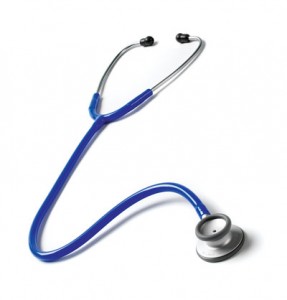 Family doctor visits usually have one of two purposes: either you are having a routine check-up to make sure that everything is okay with your health (preventive care) or you have an illness and your doctor wants to find the cause (diagnostic care). We can use health care as a metaphor to consider the approaches that we take when having a safety conversation.
Family doctor visits usually have one of two purposes: either you are having a routine check-up to make sure that everything is okay with your health (preventive care) or you have an illness and your doctor wants to find the cause (diagnostic care). We can use health care as a metaphor to consider the approaches that we take when having a safety conversation.
A doctor who is diagnosing an illness or disease relies upon a series of questions and tests. If she suspects heart disease, for example, she may inquire about the patient’s smoking, eating, and exercise habits. She will also want to understand the patient’s family health history. These provide clues that may support her initial diagnosis, which can be confirmed with further testing.
Using this analogy, many supervisors and managers focus on providing diagnostic services when it comes to safety. After someone has an injury, they ask a series of diagnostic questions, aimed at determining why the injury occurred.
- What were the factors that may have contributed to the injury?
- Did they have a history of other injuries?
- Did they make choices that increased their risk of injury? Continue Reading


 “Raise your hand if you believe that you are pretty good at multitasking”.
“Raise your hand if you believe that you are pretty good at multitasking”.

